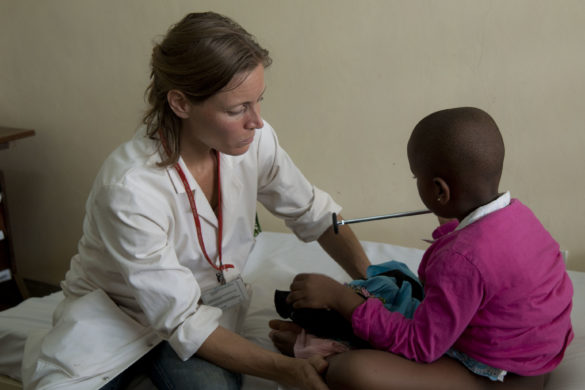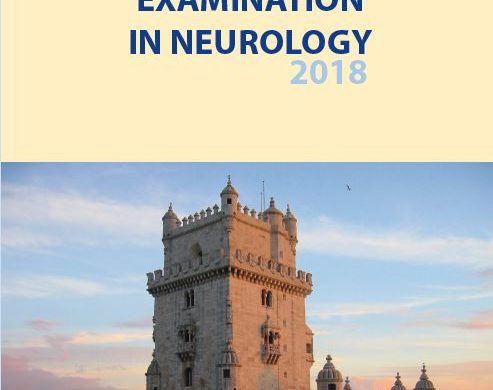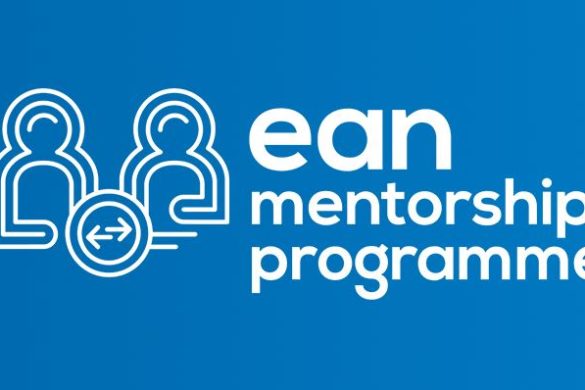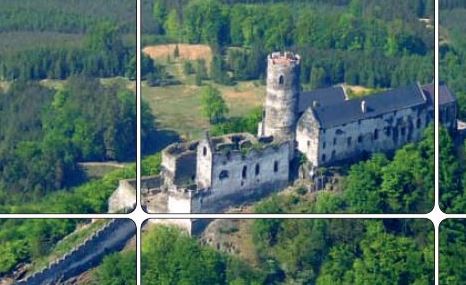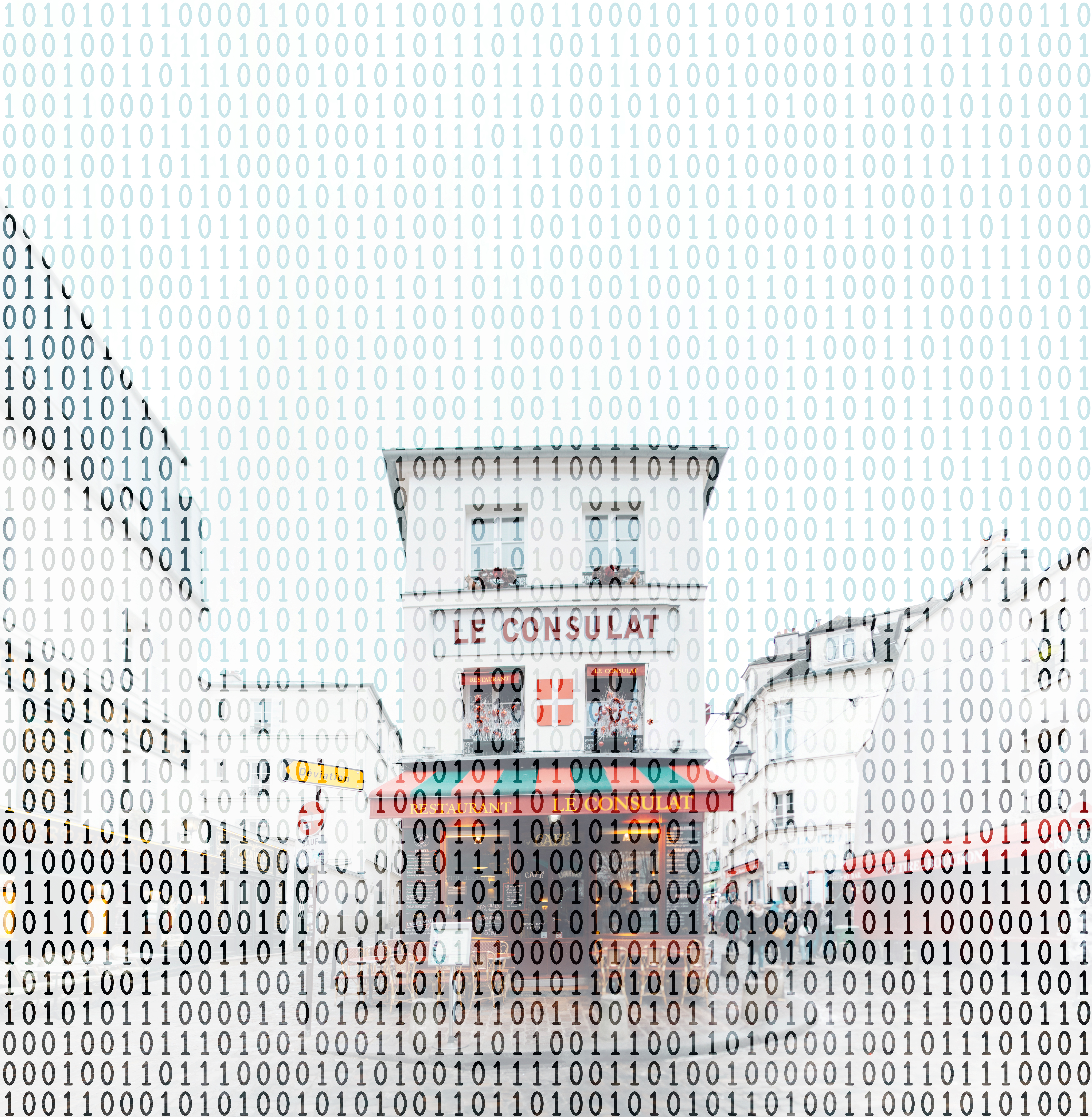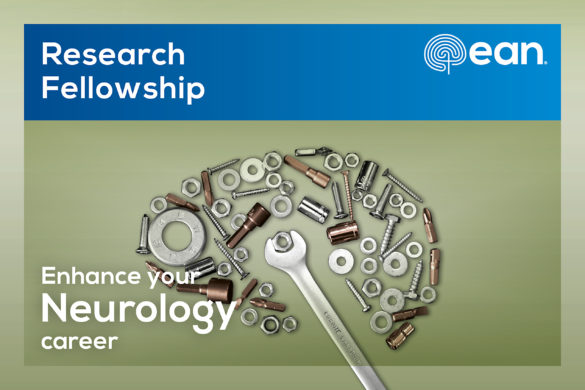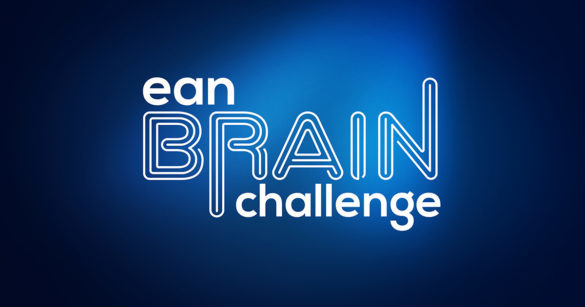Anton Berezhnyi, Emden, Germany
Term of Fellowship: 3 – 28 April 2023
Hosting department: Medical University Innsbruck
Supervisor: Prof. Michael Knoflach
I had the privilege of participating in the EAN Clinical Fellowship Programme at the Medical University of Innsbruck, Department of Neurology, in Innsbruck, Austria. Under the supervision of Prof. Michael Knoflach, the fellowship lasted four weeks, although originally planned for six weeks. During my fellowship, I primarily focused on EEG monitoring and epilepsy, which provided me with valuable insights and new perspectives in the field.
Throughout the fellowship, I actively engaged in various activities and gained hands-on experience in the field of EEG monitoring and epilepsy. I observed and participated in the diagnosis and treatment of patients with neurological conditions, particularly epilepsy. This experience enhanced my practical skills, expanded my knowledge base, and allowed me to learn from the expertise of the colleagues.
During the fellowship, I acquired a wealth of knowledge in EEG monitoring and epilepsy. I gained insights into advanced diagnostic techniques, treatment approaches, and the latest research findings in this area. My time in Innsbruck broadened my horizons and benefited my future practice.
I am immensely grateful for the opportunity to be part of the EAN Clinical Fellowship Programme. The dedication and expertise of the whole team were evident throughout my fellowship. Their willingness to share knowledge, provide guidance, and engage in meaningful discussions enriched my learning experience. I was particularly impressed by their professionalism, teamwork, and patient-centered approach.
The city of Innsbruck and the Tyrol region added another dimension to my fellowship experience. The breathtaking beauty of the surroundings, including the stunning mountainous landscapes, created a serene and inspiring atmosphere. Exploring the rich cultural heritage, vibrant city life, and engaging with the local community further enhanced my overall experience.
Although my fellowship duration was shorter than initially planned, the experience itself was overwhelmingly positive. The only regret I have is not being able to spend more time immersing myself in the clinic and further exploring the diverse aspects of neurology in this renowned institution. However, despite the shorter duration, I believe that the knowledge and insights gained during my fellowship will have a lasting impact on my professional growth.
I express my sincere gratitude to Prof. Michael Knoflach for his guidance and mentorship throughout my fellowship. I extend my heartfelt appreciation to Dr Iris Unterberger, Dr Gerald Walser, Dr Beatrice Heim, Dr Anna Hotter, Dr Wolfgang Löscher, and Dr Julia Wanschitz for their support, expertise, and valuable insights.
I also acknowledge the European Academy of Neurology for providing this invaluable opportunity through the Clinical Fellowship Programme. Their commitment to fostering international collaboration and promoting excellence in neurological care is truly commendable.
My clinical fellowship in Innsbruck, Austria, was an enriching and transformative experience. The knowledge gained, interactions with professionals, and exposure to cutting-edge practices have significantly contributed to my professional growth. I am grateful for the support and generosity of all those involved in making this fellowship a success. This experience has broadened my perspective, and I look forward to implementing the lessons learned in my future practice.
Fabrizio Giammello, Catania, Italy
Term of Fellowship: 1 February – 31 March 2023
Hosting department: University Hospital Inselspital, Bern, Switzerland
Supervisor: Prof. Marcel Arnold
It is my pleasure to report about my eight-week EAN Clinical Fellowship in the Stroke Unit and Neurovascular Department at the University Hospital Inselspital in Bern, Switzerland, headed by Prof Claudio L. Bassetti. It is one of the best centres in Europe regarding vascular neurology and stroke care, being at the forefront of stroke research, development of European stroke guidelines and promotion of several educational initiatives, including the ESO ESMINT ESNR Stroke Winter School and the Master of Advanced Studies in Stroke Medicine Universität Bern (MAS Stroke Unibe). First of all, I would like to express my gratitude to the EAN Clinical Fellowship Programme for allowing me to live this wonderful experience, and the Neurology Department of Inselspital for accepting my application.
Before starting the clinical fellowship, the mentor Prof. Marcel Arnold offered me to participate at the ESO-ESNR-ESMINT Winter School in the Stroke Centre in Bern. Therefore, I met him the day before starting my clinical fellowship, in order to develop and plan my fellowship programme. The 10th ESO ESMINT ESNR Stroke Winter School was held from 31 January to 3 February 2023, bringing together neurologists and neuroradiologists from all over the world to share knowledge on how to enhance interdisciplinary acute management of stroke patients. The teaching programme included 31 lectures and eight tutorials with a focus on interdisciplinary acute management of stroke. I had the opportunity to participate in sessions on stroke imaging, treatment strategies including endovascular approaches, stroke treatment in difficult circumstances and requirements for setting up an interdisciplinary stroke centre. In the afternoons, tutorials were organised separately for neurologists and neuroradiologists. Neurologists were able to learn about neuroangiography from an interventional neuroradiologist and were taught about interpreting computed tomography (CT) and magnetic resonance (MR) imaging by two non-interventional neuroradiologists. Another highlight was the stroke simulation course: stroke physicians and neuroradiologists took part in a real-life setting with simulated clinical stroke cases. Physicians had to take care of the stroke patient and to decide on acute stroke management while being observed by colleagues and professionals, after which they received feedback on their performance.
During my clinical fellowship, guided by Prof. Marcel Arnold, I was able to accompany the extraordinary team of doctors in several activities related to the stroke patient and vascular neurology. In the mornings, I could assist the residents and attending physicians in the stroke unit (SU), evaluating and performing the neurological examination on admitted patients to ascertain the success of reperfusion therapies administered in the emergency department (ED), and therefore choose the proper assessment in the first 24 hours after ischaemic/haemorrhagic stroke, in order to identify the cause. Furthermore, the skilled paramedical team in the SU guide patients through the very early phase of rehabilitation. I could also accompany the different attending physicians in the everyday visit of all patients admitted in the SU, where they were examined together, the results of exams performed were reviewed and the management decided as a team. In that regard I would like to specially thank Prof. David Julian Seiffge, Dr Philipp Bücke, Dr Thomas Horvath, as well as the other attending physicians and residents that took the time to guide me through their thought processes in the management of patients, allowing me to ask questions and clarifying any doubts I had.
From a personal point of view, I found a team with a great willingness to teach, available to translate any discussion in English, and always with an answer to my thousands of doubts. Although I had already trained in my own hospital SU, I had the opportunity to see different methods of work. The use of both CT and MRI, with MR/CT angiography and perfusion assessment was of added-value in identifying rarer causes of stroke and managing late presentation stroke. I even had the opportunity to see the usage of a 7Tesla MR (not available in my country) to detect more thoroughly the vessels affected by vasculitis involving central nervous system. During the afternoons I could spend my time in the ED observing, together with the neurology emergency team, all the patients admitted. With focus in the stroke code, I had the opportunity to see the fast-paced management of these patients and the use of CT/MR in the selection of patients for reperfusion therapies, namely thrombolysis and thrombectomy.
This was an eye-opening experience; the number of patients treated outside of the conventional 4.5-hour thrombolysis treatment window due to the use of diffusion weighted imaging (DWI)/perfusion weighted imaging (PWI) mismatch was incredible and the benefit was huge. I could also accompany in the SU most of the patients I observed in the ED. This continuum of care was an excellent opportunity for my training as I was able to see the improvement of deficits from the presentation to the admission in the stroke ward. Moreover, during these eight weeks, I was able to assist directly in the angio-suite for endovascular treatments. It was surprising how interventional neuroradiologists were so engaged in explaining to me each part of the procedure!
A few days a week, I could also spend some time in the neurovascular unit where ultrasonography (US) was performed. The US lab represents a key place in the process of discovering the possible causes of strokes and in patients’ long-term follow up. In February I assisted the doctors and US technicians in the day-to-day performance of cervical, ophthalmic and transcranial ultrasound. During March, I had the opportunity to perform a few vascular US with the supervision of the doctors and with the approval of the patients, improving my own technique in not only performing this exam but also in interpreting the different results. Despite I routinely perform US examinations in my Hospital, I could learn new techniques and the correct setting of each neurovascular doppler examination. Surely this will help me improve the quality of my exams and give me the possibility to guarantee better care to my vascular patients. During my fellowship I also participated in the different training meetings provided by the neurology department, where I had the opportunity to consolidate knowledge not only related to vascular neurology and stroke care but to different areas of neurology depending on the theme presented. It was impressive the importance given to theoric education granted to residents: each week the neurovascular board took place in which each resident can discuss a case of particular interests; moreover, on Tuesday afternoon neurologists of peripheral stroke centres could ask the neurology team of Bern how to manage challenging cases. Lastly, once a week, residents could follow in-site seminars about various neurological diseases.
Concluding, Inselspital is the place that each vascular neurologist imagines in his dreams. The richness of this experience includes not only neurovascular concepts, but also a highly organised staff, regarding both supervisors and residents and concerning the entire system of stroke care. From nurses to physiotherapists, from neuropsychologists to logopedics, everyone knows what to do and did it in the best way possible, resulting in a higher chance of a good outcome for patients. Living in Bern was undoubtedly a great experience, though very expensive. Switzerland is one of the most expensive countries in the whole world. This is why accommodation, food and other expenses are much higher than elsewhere. Nevertheless, people were supportive and friendly during my stay. Other positive aspects included the cultural offer, the diversity and, against all odds, the weather, which was exceptionally nice. This fellowship has benefited me tremendously. With no exception, all the professionals that I had contact with during my fellowship are an example of inclusion and welcoming. I am grateful to the Stroke Team of Inselspital, Bern, for sharing with me their knowledge on vascular neurology, hoping to take advantage of it to serve my country the best as possible.




